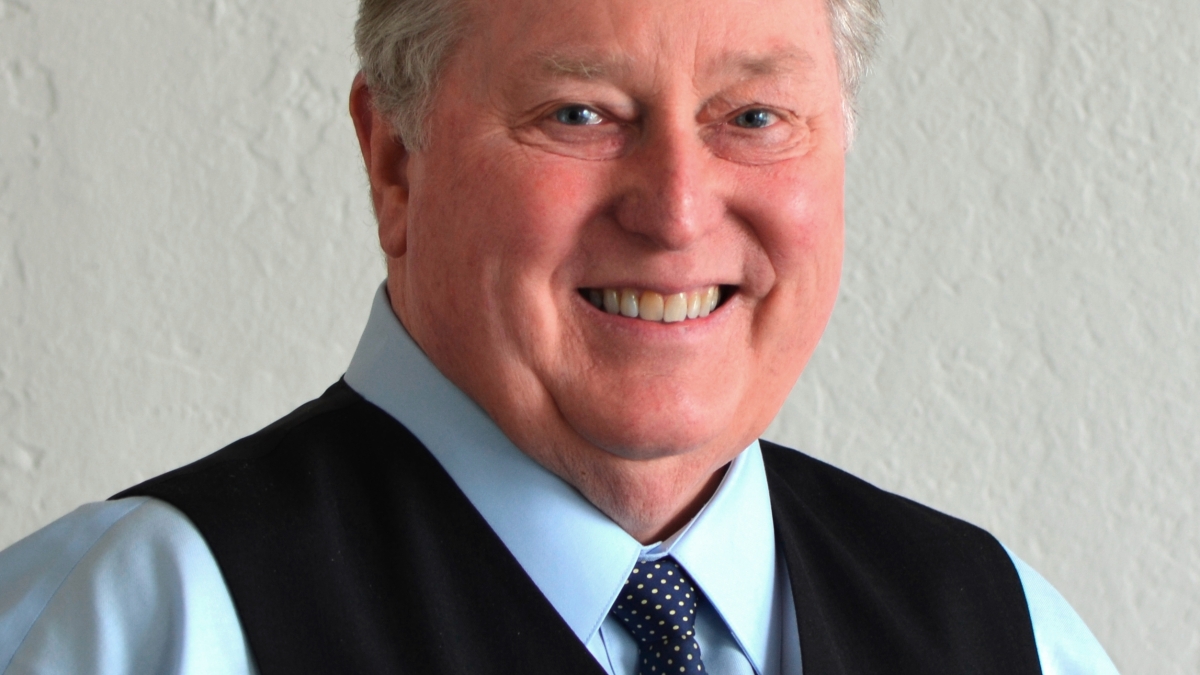'An Evening with J. Ronald Lally' features renowned early childhood expert

Expert to address importance of early childhood development
“To support learning and success in later life, we must begin work before each child enters school. If we wait until kindergarten to build a child's ability to learn, we may be too late.”
Those words, co-written by J. Ronald Lally for the editorial page of the San Jose Mercury News, carry a chill for educators and parents. They say research shows that most American children begin their education too late. Waiting until children are old enough for kindergarten to capitalize on their astonishing potential for learning diminishes their prospects for success in education and, perhaps, even in life.
Lally doesn’t offer his warning carelessly. As co-director of the Center for Child and Family Studies at the nonprofit research and development agency WestEd, he has access to vast amounts of data and experience, including his own 30 years as director of WestEd’s program for infant and toddler care. He will share that experience at the Arizona Historical Society on Oct. 22, in “An Evening with J. Ronald Lally.”
This presentation, part of the 2013-2014 season of ASU Foundation Presidential Engagement Programs, is offered in partnership with the Mary Lou Fulton Teachers College, the College of Nursing and Health Innovation and the College of Health Solutions. The three colleges created the Early Childhood Lecture series, an example of ASU’s commitment to equipping the community to nurture young children by addressing quality, low-cost health care, affordable developmental screening and better training for educators and childcare providers.
Lally explains the urgent need for increased attention to child development by noting that, at birth, the human brain is only 25 percent of its adult size. Almost immediately, Lally says, the brain begins to grow. “It continues growing rapidly, reaching 85 percent of adult size by the time a child turns three.”
During this fleeting time, interaction with their environment teaches even very young children how to function successfully in society and family, Lally says. And he warns that the window for behavioral and developmental intervention, if needed, is equally brief. “Unfortunately, in the United States we seldom provide enough support or resources for new parents and their infants,” he says.
There is hope that awareness of lost opportunity is yielding solutions, Lally says. He points to a program in California, where WestEd is based, that provides partial income replacement for new parents for up to six weeks.
The policy “... represents a strong move toward giving parents and babies much-needed time to bond,” Lally says, “but even the strongest child-centered policies will fall short unless we build a culture that recognizes that meeting children's needs is the cornerstone of a successful society.”
“An Evening with J. Ronald Lally” will be presented Oct. 22 in Steele Auditorium of the Arizona Historical Society, 1300 N. College Ave. A reception begins at 4:30 p.m. in the Brick Courtyard and the program follows at 5:30 p.m. There is no admission charge, but the event has limited capacity and registration is required. Free parking will be provided. For information or registration, visit asufoundation.org/pepevents.
Erik Ketcherside, erik.k@asu.edu
Communications Manager | Editorial Services
ASU Foundation for A New American University
480-965-0545